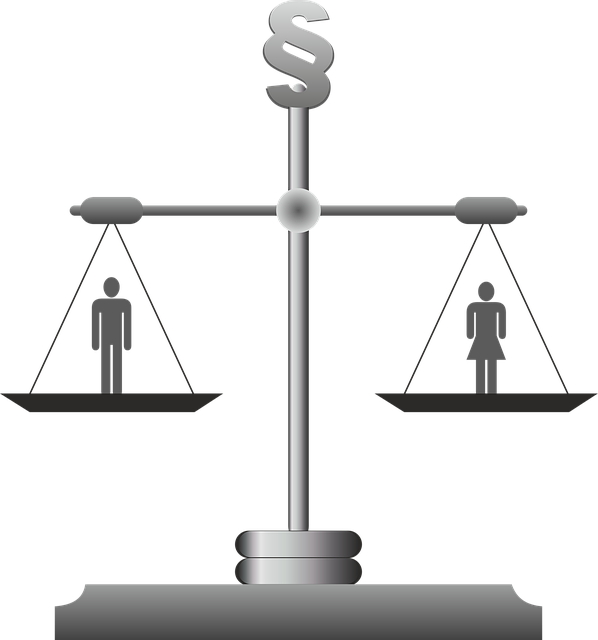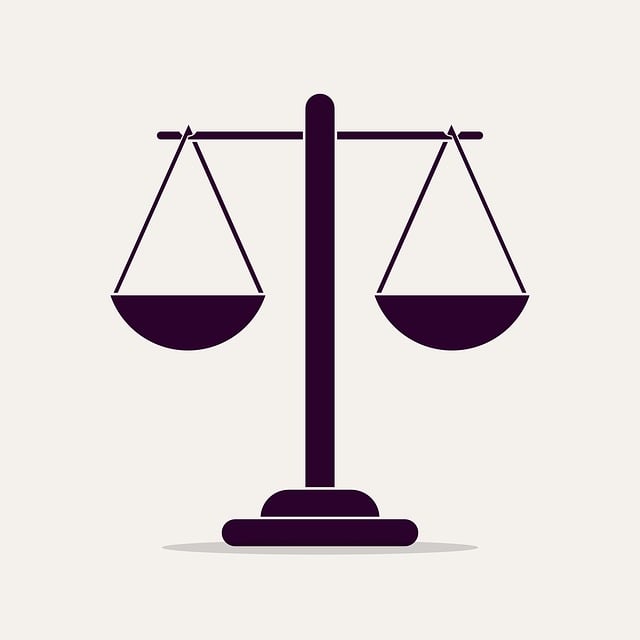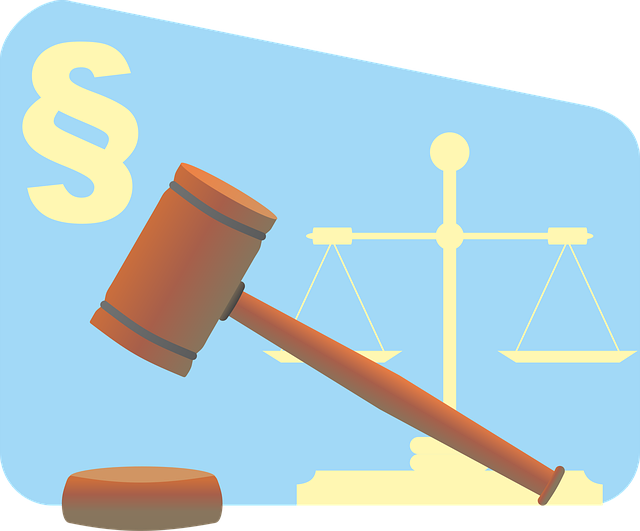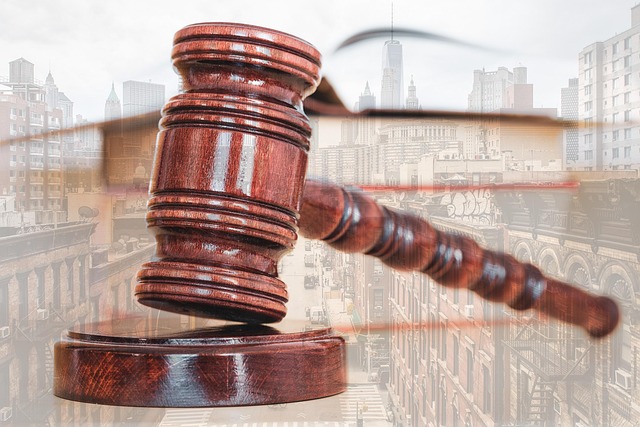RF Regulatory Agencies protect consumers from unfair practices by investigating potential violations, including consumer fraud. They initiate class action lawsuits against companies engaging in deceptive or unsafe RF technologies, ensuring accountability through fact-finding and evidence gathering. The Consumer Fraud Class Action Lawsuit Process deters future fraud by compensating victims and emphasizing the consequences of unethical behavior.
RF Regulatory Agency investigations are crucial in ensuring compliance with wireless communication standards. This article delves into the intricate world of these agencies, focusing on understanding their roles in protecting consumers from RF-related fraud. We explore triggers for investigations, including red flags and complaints, and navigate the Consumer Fraud Class Action Lawsuit Process. Learn about evidence gathering methods and the enforcement actions and penalties that follow non-compliance, offering a comprehensive guide to staying regulatory-ready.
- Understanding RF Regulatory Agency Roles
- Triggers for Investigations: Red Flags and Complaints
- The Consumer Fraud Class Action Lawsuit Process
- Evidence Gathering and Fact-Finding Methods
- Enforcement Actions and Penalties for Non-Compliance
Understanding RF Regulatory Agency Roles

RF Regulatory Agencies play a pivotal role in ensuring fair practices and consumer protection within the radio frequency (RF) spectrum. Their primary mandate is to investigate potential violations, including cases of consumer fraud, which can lead to high-stakes legal battles. These agencies have the authority to conduct thorough inquiries, audit communications providers, and enforce regulations to safeguard consumers from unfair or deceptive RF technologies.
In the event of a violation, such as those involving complex spectrum allocation or consumer rights, these regulatory bodies can initiate a Consumer Fraud Class Action Lawsuit Process. Their expertise lies in navigating intricate legal matters, often resulting in unprecedented track records of successful investigations and complete dismissal of all charges against wrongdoers. This ensures a level playing field for honest businesses while deterring potential offenders from engaging in fraudulent RF-related activities.
Triggers for Investigations: Red Flags and Complaints

RF Regulatory Agency investigations are triggered by various red flags and complaints that surface throughout the consumer journey. These can range from suspected product tampering or performance issues to misleading marketing practices and potential safety hazards. When a pattern of concerns emerges, indicating potential non-compliance with established regulations, agencies take notice. Consumer complaints play a pivotal role in initiating these inquiries, as they provide valuable insights into market trends and individual experiences, helping regulators identify areas that require scrutiny.
A comprehensive investigation involves meticulous data collection, evidence analysis, and interviews with stakeholders to uncover any instances of consumer fraud or deceptive practices. This process aims to ascertain whether companies have violated regulations and, if so, the extent of such violations. The goal is not merely to avoid indictment but also to ensure companies uphold their responsibilities throughout all stages of the investigative and enforcement process. Ultimately, these inquiries can lead to successful class-action lawsuits, with consumers being awarded compensation for any suffered losses, and setting precedents for stronger compliance in the future.
The Consumer Fraud Class Action Lawsuit Process

The Consumer Fraud Class Action Lawsuit Process is a powerful mechanism designed to protect consumers from unfair business practices. It begins when individuals or groups who have suffered losses due to consumer fraud band together to file a lawsuit against the responsible entity, often a corporation. This collective action is initiated by a complaint that outlines specific allegations of fraudulent activities, such as false advertising, misleading marketing, or the sale of defective products. The process involves all stages of the investigative and enforcement process, from initial filing to potential settlement or jury trials.
Once filed, the case navigates through rigorous legal procedures. It includes extensive discovery where both parties gather and disclose evidence. This may involve depositions, document production, and expert witness testimony. As the case progresses, it can lead to settlements, where the defendant agrees to compensate victims without admitting guilt. Alternatively, if the case reaches a jury trial, a group of citizens deliberates on the evidence presented, ultimately deciding the outcome. This process aims to not only provide restitution to consumers but also deter businesses from engaging in fraudulent practices by highlighting the potential consequences within the philanthropic and political communities.
Evidence Gathering and Fact-Finding Methods

In RF Regulatory Agency investigations, evidence gathering and fact-finding are paramount. Agencies employ a variety of methods to uncover violations, including document reviews, witness interviews, and field inspections. They analyze product specifications, testing data, and market surveillance reports to identify potential non-compliance with radio frequency (RF) standards. These initial steps aim to gather facts, establish patterns, and pinpoint responsible entities, often leading to the initiation of a Consumer Fraud Class Action Lawsuit Process.
The goal is not merely to avoid indictment but to uncover the truth through rigorous fact-finding. By combining technical expertise with investigative prowess, regulatory agencies can build strong cases against entities engaging in RF-related misdeeds. Moreover, their efforts often culminate in jury trials, where winning challenging defense verdicts become a measure of success, ensuring accountability and deterring future violations.
Enforcement Actions and Penalties for Non-Compliance

In the event of non-compliance with RF (Radio Frequency) regulations, the Regulatory Agency isn’t shy about taking enforcement actions. Penalties can range from fines to license revocations, depending on the severity of the infraction. These measures are designed to deter future violations and protect consumers from potential hazards associated with RF emissions. One notable aspect is their ability to initiate a Consumer Fraud Class Action Lawsuit Process, especially when companies intentionally flout regulations, leading to widespread consumer harm.
The agency’s unprecedented track record across the country in pursuing these actions serves as a strong deterrent. For his clients, it means that any attempt at cutting corners or ignoring RF safety standards will not go unnoticed. The Regulatory Agency takes its role seriously, ensuring fair practices and safe products for all consumers, leaving no room for malicious actors to exploit loopholes without facing consequences.
RF Regulatory Agency investigations are crucial in ensuring the compliance of electronic device manufacturers with safety standards. By understanding the triggers, from red flags and complaints to thorough evidence gathering, these agencies play a vital role in protecting consumers from potential hazards. In cases of consumer fraud, the Consumer Fraud Class Action Lawsuit Process offers a powerful tool for justice. Ultimately, these investigations serve as a game-changer, revolutionizing the landscape of RF device regulation and fostering a safer digital era.






